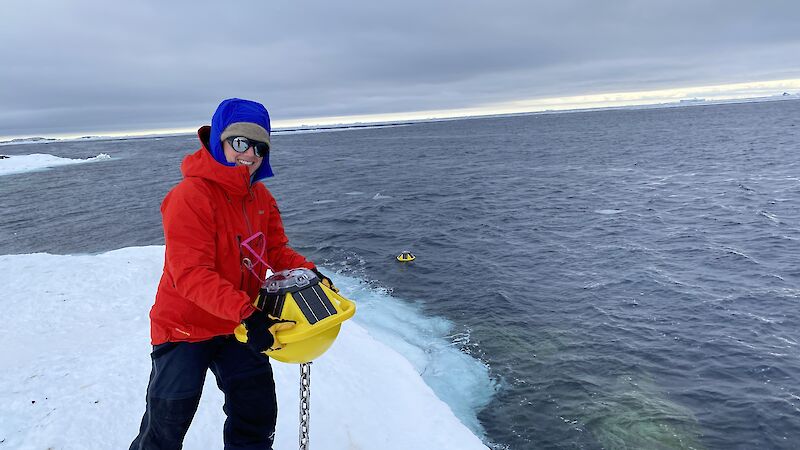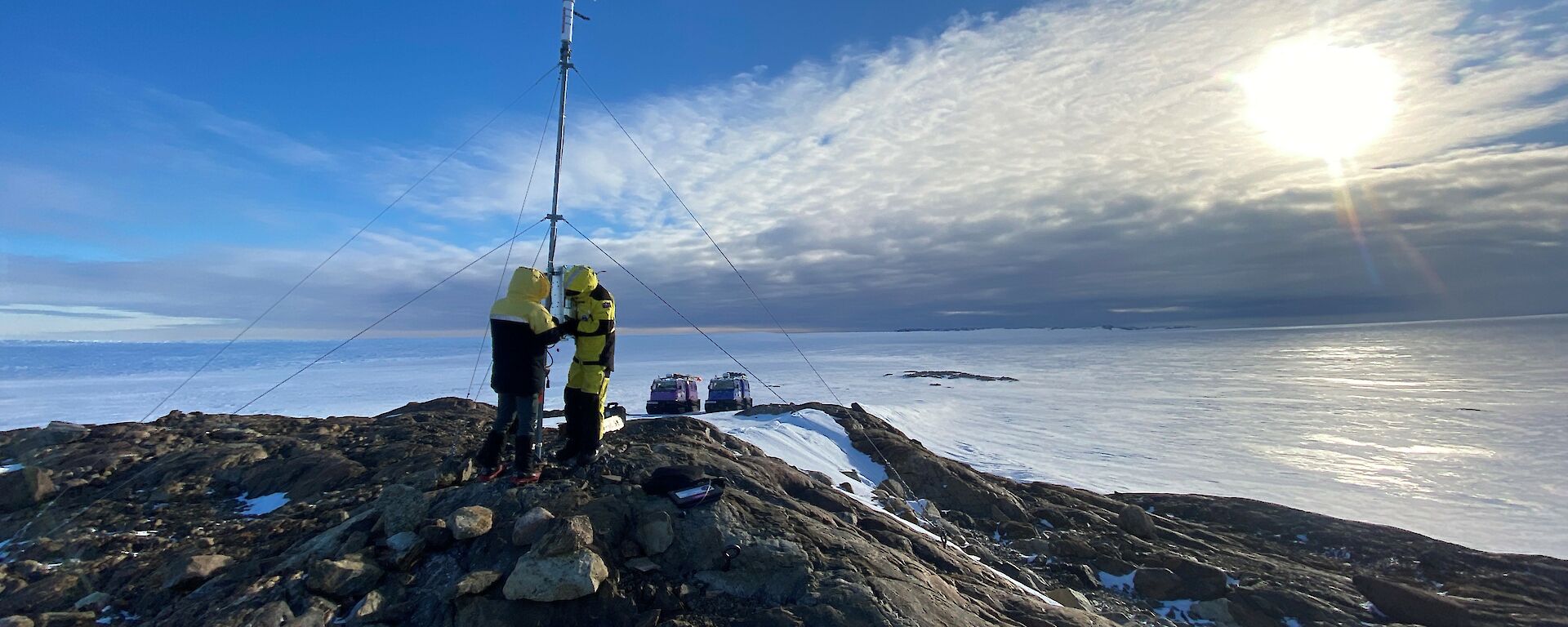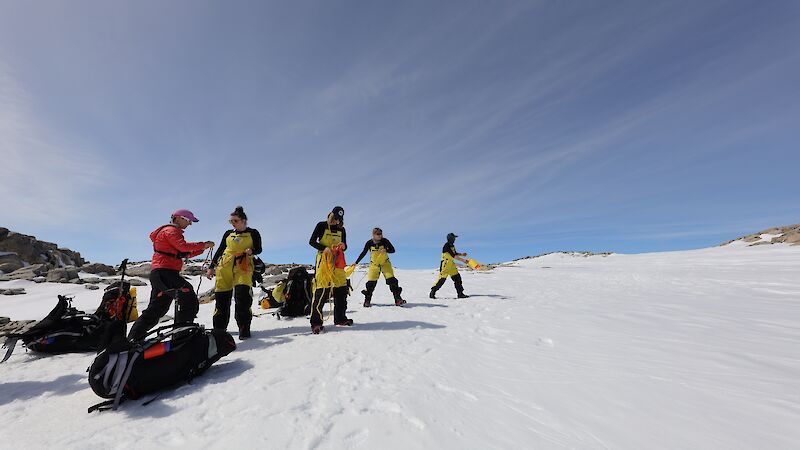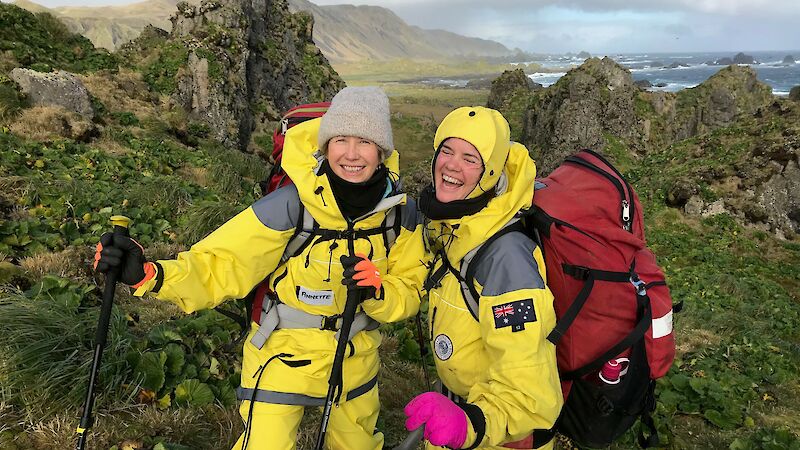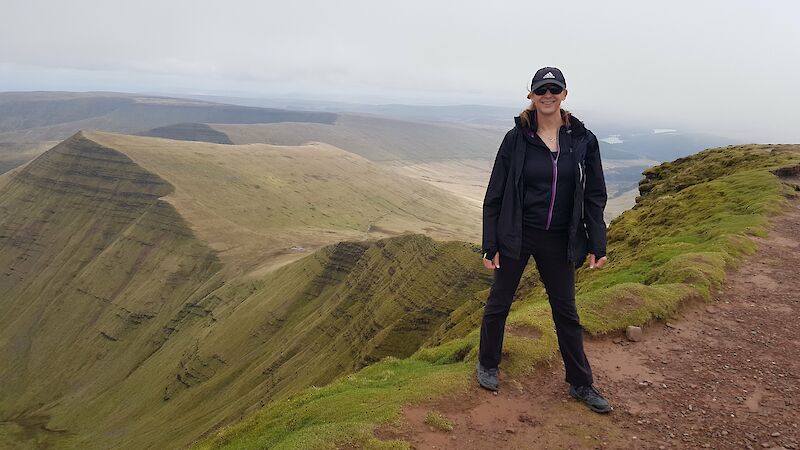Maddie Ovens, Field Training Officer, Casey research station 2023
As a field training officer my role involves training expeditioners in the skills they need to stay safe in the harsh Antarctic environment. Everything from how to set up a tent, make emergency shelters, stay warm, navigate in a blizzard, use communications equipment, rescue someone from a crevasse, even how to use the toilet in −30°C!
I also assist scientists in getting out into the field safely to access their sites for research, and form part of the Search and Rescue team on station.
I spent a summer in 2018/19, and summer/winter season at Casey in 2021. I applied for the position because it just sounded like my dream opportunity and something that I would kick myself for not giving a go. Like many, I suspect, Antarctica has always held a kind of unknown and magical appeal to me since I was little. So when I found out I might be able to get paid to go there, I went for it.
I think the sense of community we have living and working together on station for an extended period of time is unlike anything I’ve experienced before. Just being down there together, only having each other to rely on and working to achieve a safe season is really special.
We are also forced to get creative and come up with fun ways to spend our time – dress up parties, karaoke, mini golf, dart competitions, ski days – it’s a great time!
